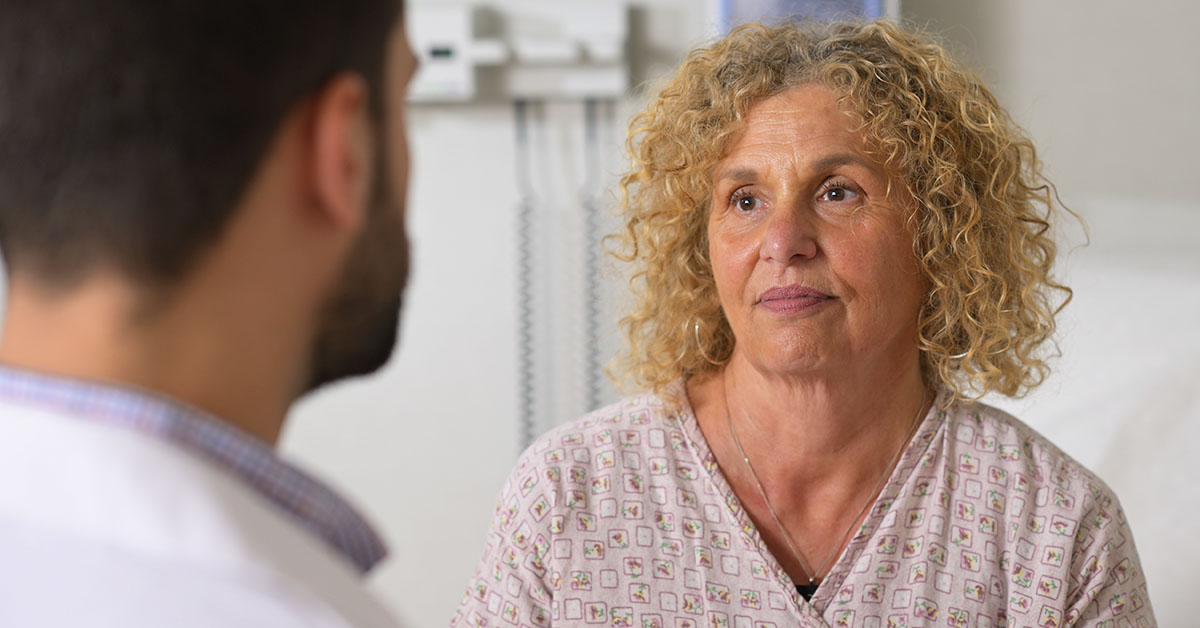
Are Medications to Prevent Breast Cancer Right for You?
-
If you’re worried about your risk for breast cancer, you’re not alone. That’s especially true if you have a family history of the disease. But if your family or medical history puts you at higher risk for the disease, chemopreventive medications may help prevent breast cancer.
Chemoprevention drugs for the prevention of breast cancer include the medicines tamoxifen, raloxifene, and aromatase inhibitors. They work by interfering with estrogen, a hormone that fuels the growth of breast cancers that are estrogen receptor positive.
Who benefits from chemoprevention agents?
Approximately 1 in 8 women in the U.S. will be diagnosed with breast cancer in her lifetime. But for some women, the risk is higher than average. You may be at higher risk if you:
- Are older
- Have a family history of breast cancer, especially breast cancer at younger ages
- Have had an abnormal breast biopsy result, such as atypical ductal hyperplasia, atypical lobular hyperplasia, or lobular carcinoma in situ
- Have a gene mutation linked to breast cancer, such as a BRCA mutation
- Have never been pregnant or had your first pregnancy at age 30 or later
- Had your first period at or before age 11
Women with a combination of these risk factors—and a low risk of adverse effects—might benefit from chemoprevention drugs. Together, you and your doctor can review your individual risk for breast cancer, as well as the risks and benefits of chemoprevention drugs, to decide whether this type of treatment is right for you.
Weighing the pros and cons
Chemoprevention medications aren’t a good choice for everyone, even those at increased risk for breast cancer. Tamoxifen, raloxifene, and aromatase inhibitors all have the potential to cause significant side effects.
These include:
- For tamoxifen and raloxifene: blood clots and a higher risk of uterine cancer
- For aromatase inhibitors: hot flashes, bone and muscle pain, and decreased bone density and a higher risk of fractures
It’s vital to make a fully informed decision by talking with your doctor about the potential benefits and downsides of taking chemoprevention agents. For instance, tamoxifen or raloxifene might not be the best choice if you are:
- Already at risk for developing blood clots
- Pregnant or planning to become pregnant
- Younger than 35
- Taking estrogen
Since aromatase inhibitors can reduce bone density, they may not be a good option if you already have thin bones or osteoporosis.
Turn to the experts
At Fox Chase Cancer Center, our multidisciplinary team of breast health experts can assess your individual risk for breast cancer and help you decide if you might benefit from taking medicines to reduce it. To make an appointment, call 888-369-2427 or request an appointment online.
